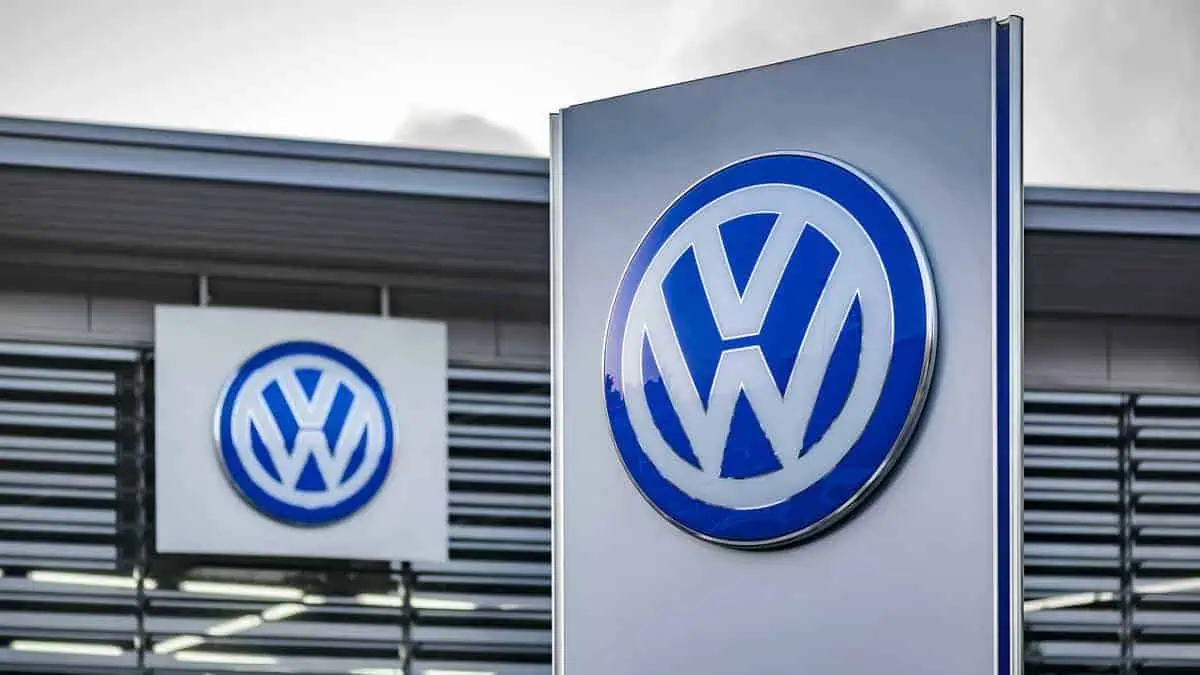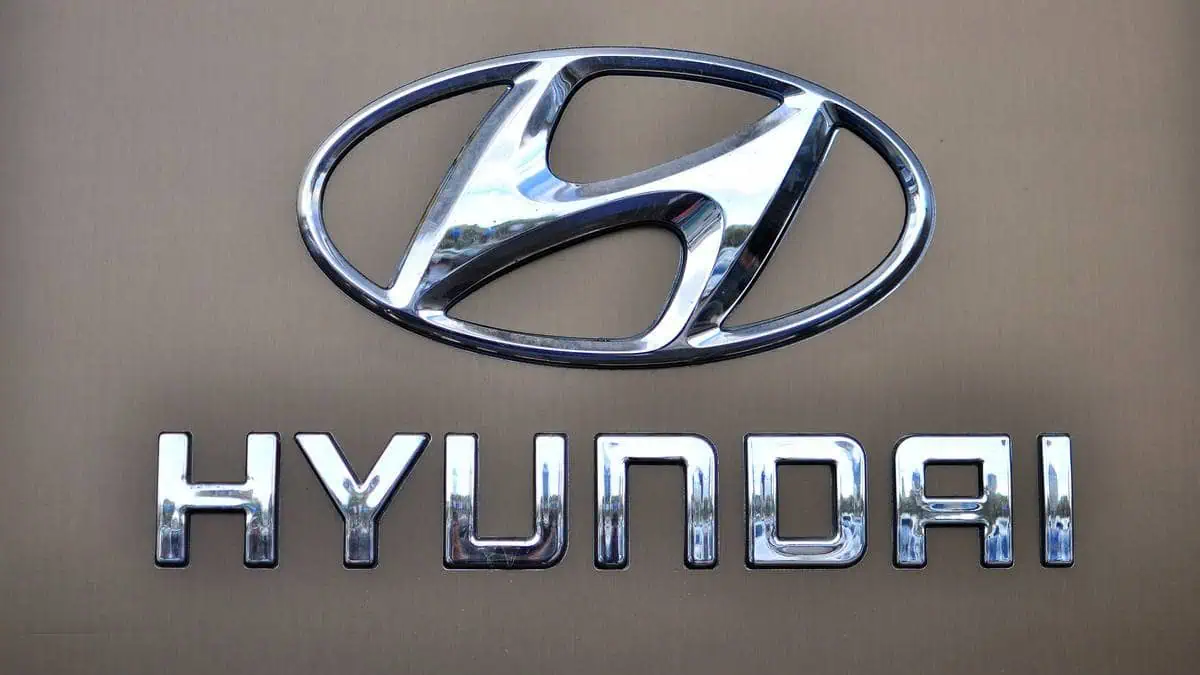Larry Short, a financial analyst, and some Port au Port Peninsula’s residents claimed that the hydrogen deal between Canada and Germany could be a “game changer.” However, according to CBC News, their skepticism remains with a proposed project in western Newfoundland which could produce some of the hydrogen demand in Germany.
Larry Short asserted that the province of Newfoundland and Labrador has already witnessed announcements like Tuesday’s.
“If there’s any jurisdiction anywhere in the world that has seen megaprojects come and be launched with great fanfare, excitement, and fantastic photo ops, it’s got to be the province of Newfoundland and Labrador,” said Short.
Last Tuesday in Stephenville, German Chancellor Olaf Scholz and Canadian Prime Minister Justin Trudeau agreed to establish a “transatlantic Canada-Germany supply corridor” and export hydrogen by 2025.
With that being said, one firm that has advocated producing hydrogen in Newfoundland and Labrador is World Energy GH2. The firm stated its intention to produce hydrogen by the middle of 2024 in documents filed to the provincial government. Even so, the firm’s timeframe is deemed “very ambitious” by at least one industry expert because the turbines and plant have not yet been constructed or approved.
Larry Short is skeptical of Canada and Germany’s hydrogen alliance due to the current bureaucratic environment. “There are 24 separate government agencies … that have to provide the stamp for this to go forward.” said Short. “That is the bottleneck.”
Meanwhile, an environmental assessment for the project has already been mandated by the provincial government. The firm must be able to submit its environmental impact statement within six years, including the location of the turbines, and their effects on wildlife, plants, and waterways, as per the Department of Environment and Climate Change.
“The key consideration in streamlining approvals is you cannot cut the environmental standards,” said Short. “You actually have to have a very, very robust series of standards that have to be adhered to.”
As long as investment comes from private money and not from public funds, Short said he supports the initiative, which he described as having the potential to “change the game for the province.” In addition, Volkswagen and Mercedes-Benz’s agreement with the federal government to gain access to vital minerals necessary for EV battery production is something that Short is keeping an eye on.






